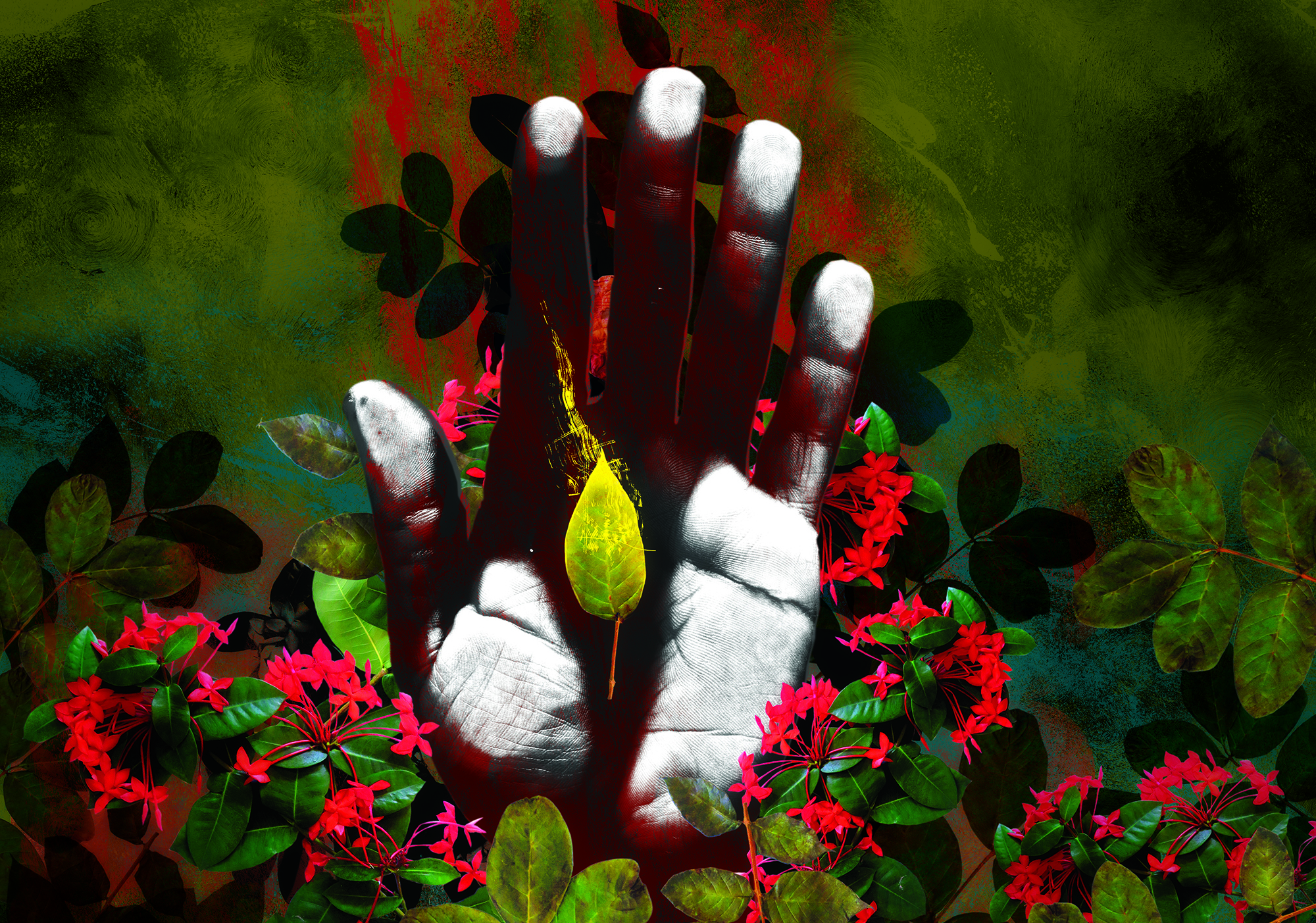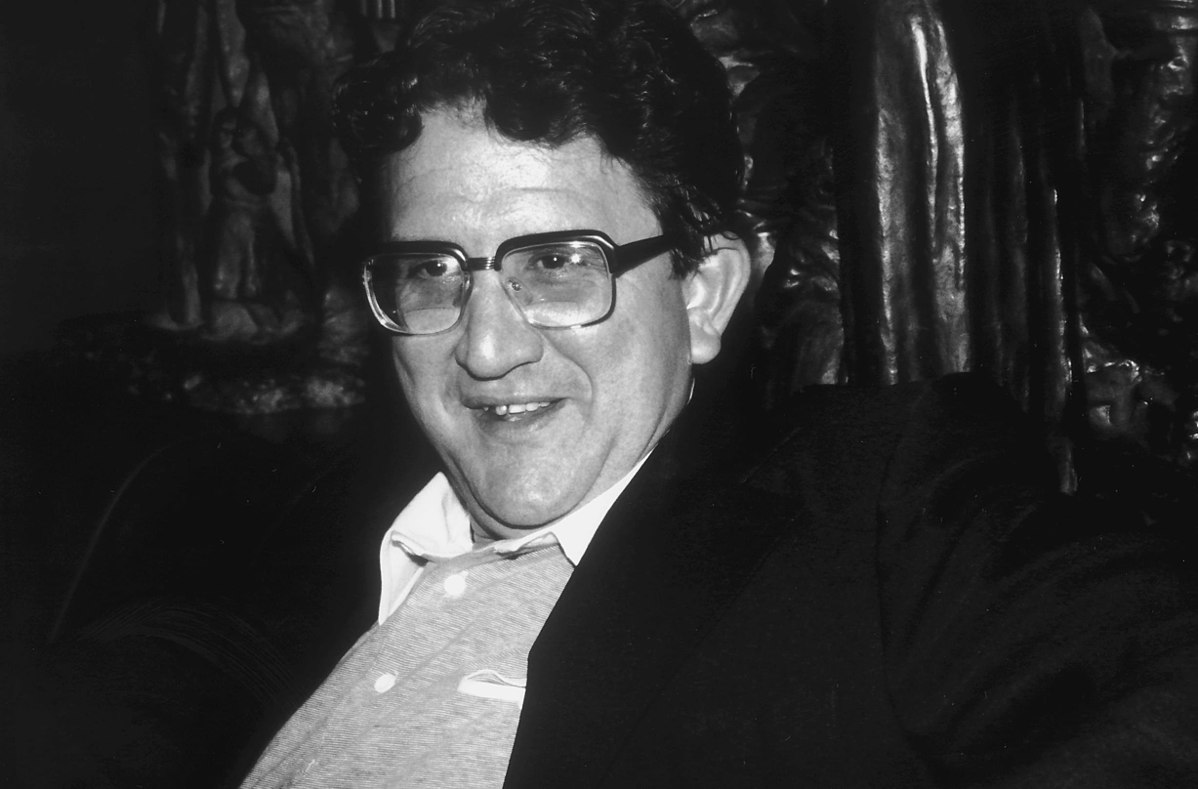By Gurpreet Kaur Bhatti, a British playwright.
When I started writing my third play, Behzti, in 2003 I could never have imagined the furore which was going to erupt.
There was an atmosphere of great tension in the lead up to its production in December 2004, and it was indeed an extraordinary time. Mass demonstrations culminated in a riot outside the theatre. I woke up one day to find journalists from five national newspapers on my doorstep. The West Midlands Police informed me there had been threats to my life. I left my home to go into hiding. I was assigned two police officers and came home weeks later to find CCTV installed outside my flat and security railings over my windows. Famous people inundated me with message of sympathy and support. I was offered money for my story. You literally could not have made it up.
Nationally, there ensued a complex debate about freedom of speech, censorship and multi-culturalism. Meanwhile, on a micro level there was both back-biting and solidarity from fellow artists, the now-normal daily interaction with the police and the actual processing of what had happened to me.
I knew immediately I had to write about what was going on. Looking back now, I realise that I was in shock and my mental state was fragile, part of me was soaking up all the arguments, the issues, the various players and agendas.
I knew it had to be a piece of theatre. Any other form would be too simple and straightforward; it was as if nothing else could do justice to the juxtaposing darkness and light of this strange series of events.
Behud was always going to be personal, though never autobiographical. Behzti, for example, is a play about hypocrisy and the pressures of being part of a community, a talk about what’s underneath the British Asian dream. It started out with me wanting to write about my own life as a carer. My experiences around Behzti were complicated, sometimes hilarious and occasionally very painful. My instincts as a writer are dark and comic. I’m attracted to what’s under the surface, and I see nothing wrong with being provocative. The play that came out of all this had to be true to all of these elements.
Behud had to be written, or it would have been the elephant in my head. In the immediate aftermath of Behzti being pulled, I pretty much shunned the media and notoriety. I wanted to get on with my life and reclaim my normality as a jobbing writer. I wrote another two plays commissioned by other companies, worked on my own series for the BBC and also developed a number of screenplays. I found myself being constantly questioned about my feelings about Behzti. People were fascinated, excited, pitying, scornful…it was hard to express how I honestly felt and also to connect with anyone who had gone through anything similar. Again, it was by writing a play that I could pour everything into a fictional text.
Behud had a chequered history from its inception. More than anything I have ever written it divided literary managers, theatres and directors. It seemed as though everyone had their own ideas about what I ought to be saying about the Behzti affair. What I came to realise was that the events of December 2004 had affected the industry deeply, damaged it even. Individuals had their own passionate opinions about that time, so I think it was difficult for people to view it as just another play and it took a long time to get into production.
Everything I feel about that time is in Behud – from my own self-doubt and self-loathing to institutional racism and the friction between artist and state – and ultimately the triumph of the imagination. I wanted the play to be able to stand alone, without the spectre of Behzti behind it. By the time Behud was about to be produced, the rawness of my initial feelings had given way to a degree of acceptance and compassion which I hope are reflected in the piece. I still remain interested in the notion of provocation, the space where an audience opens up and/or closes down, the opportunity to have words heard or to challenge and shake things up – which I expect will always remain a feature of my work.
The fact that the play was going on at all felt like a victory in itself, though not an exorcism or catharsis — that occurred when Behzti was produced in Europe. When the actual production was happening I was of course aware of the various behind-the-scenes conversations and strategising. I too had to get real. In 2004 I had been childless, whereas now I was pregnant with my second child, so I had new responsibilities. My partner and I discussed worst-case scenarios and made plans accordingly. I knew inside I had to be strong and bold and confront whatever came to pass.
Both Soho and Coventry went to great lengths to make sure I was okay about every aspect of the production. I was well supported, and for once I allowed myself to be supported. When any new piece of work is put on, there is always some anxiety about its reception. With Behud, this was heightened to the extreme. As the opening night drew closer, the theatres started to receive letters and protestations from various groups and individuals. A few rogue stories appeared in the press – some Sikhs apparently were outraged that Behud was opening in London on the night of Baisakhi, the Sikh new year. After the first dress rehearsal, Hamish Glen told Lisa Goldman, the director, and me that he had been asked by the police to pull the play. My heart sank and it felt like real life was horribly, weirdly mirroring art. I just kept telling myself to keep going. To his enormous credit, Hamish stood firm but the implicit threat and police presence created an incredibly difficult atmosphere for the artistic team and actors to work within.
As for the question of marketing of Behud – was the image the right one to sell the play? With hindsight, I think it probably wasn’t as it didn’t truly reflect the play’s tone and content. I was of course disappointed that audiences were lower than expected (both my previously produced plays had had sell-out runs). There were comments from people saying that the Asian community didn’t even know Behud was on. I do find it sad that the theatres felt they weren’t able to reach out to an Asian audience. I was thrilled when Soho staged a reading of Behzti during the run. This was a great achievement by the theatre, but it was a shame that the event wasn’t advertised in any form. There is only so much an artist can do, it is also up to the institutions he/she works alongside to meet impending risk with courage.
I was heartened by some incredible feedback on the play from different people who saw it. And it was great to hear the muffled laughter of one of the Sikh men who came as part of the deposition in Coventry. Whether he was laughing with or at the play, it at least elicited some kind of reaction.
The important thing for me is that Behud was produced, and now the published text is out there for anyone who’s interested. The play, production and surrounding strategies were by no means perfect, but they were heartfelt. The fact that they happened at all is a step in the right direction.
At the end of Behud, Tarlochan, the writer, picks up her pen and continues writing. That’s what I feel my role is – to keep on creating drama I believe in, to maintain my true voice, writer from the heart and hopefully make work that is both challenging and entertaining.
And as for Behzti, it’s life too goes on. As well as winning the 2005 Susan Smith Blackburn prize, the play has had readings in Canada and London, been translated into French, published across Europe and toured France and Belgium. It has also become a set text in university drama departments across the UK.
Finally, would it be possible to do Behzti again in the UK? I certainly hope so, as I’d love to work on it some more. Doubtless it would be a tough challenge. I hope one day someone will want to take that challenge with me.





